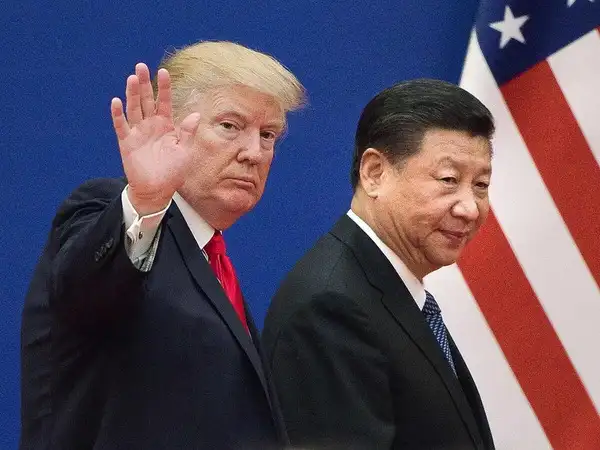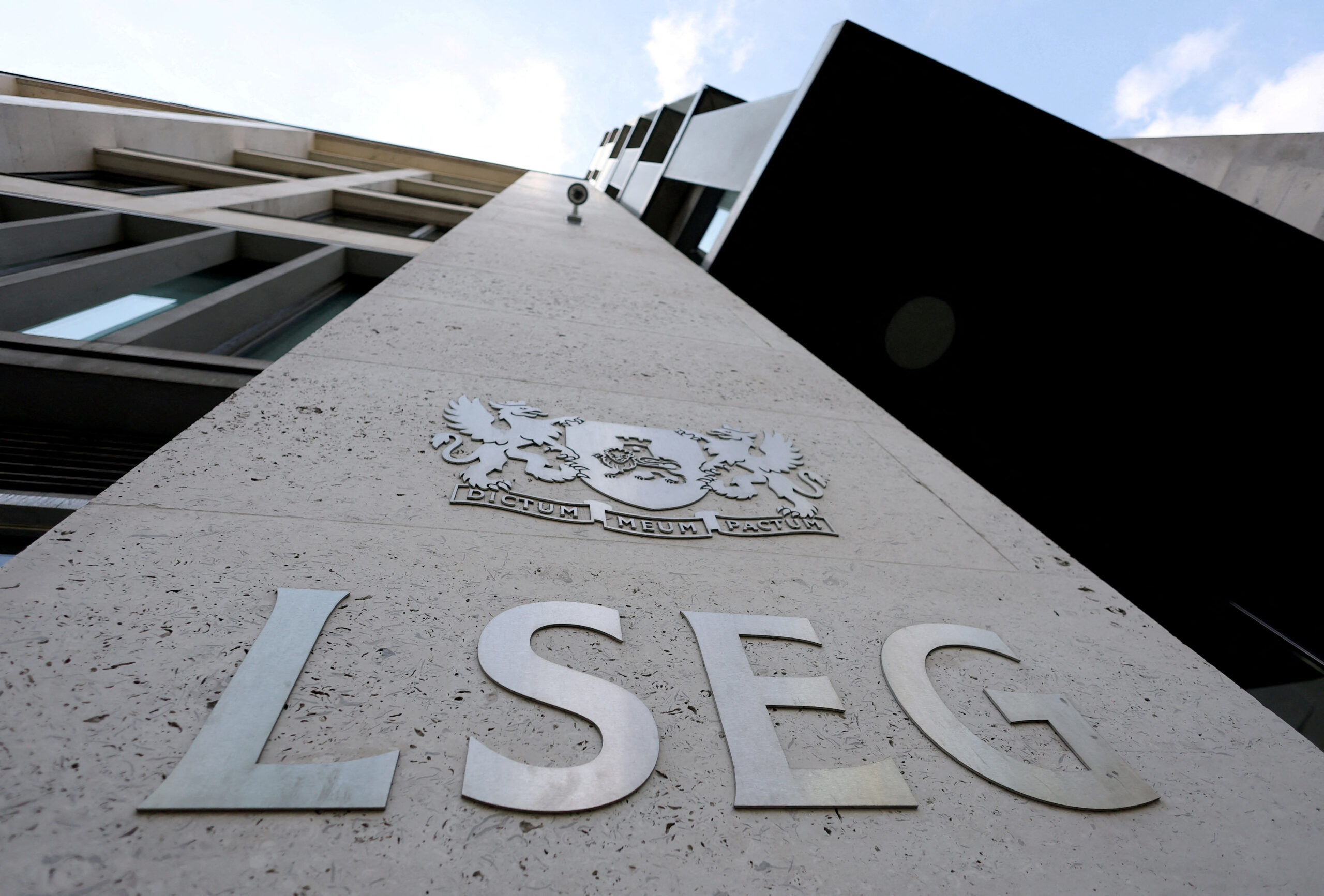U.S. and China Seek to Avoid Trade War Escalation, Salvage Trump-Xi Meeting in Malaysia Talks
Senior U.S. and Chinese economic officials concluded a “very constructive” first day of talks in Malaysia aimed at defusing rising trade tensions and paving the way for a meeting between Donald Trump and Xi Jinping. The negotiations come ahead of U.S. plans to impose 100 % tariffs on Chinese imports as of November 1 and China’s expanded export restrictions on rare-earth minerals critical to U.S. manufacturing. Both sides signalled openness to restarting dialogue and stabilising economic relations, according to Treasury-department remarks. Markets responded cautiously with optimism as Asian shares rose amid hopes for a deal. Analysts warn that failure could trigger a sharp escalation and significantly disrupt global supply chains.
The U.S. has criticised China’s rare-earth export curbs as a strategic power play, while Beijing asserts its actions are justified on national-security grounds. The Malaysian meeting takes place during the Association of Southeast Asian Nations (ASEAN) summit period, underscoring its regional strategic importance. Washington has also launched a probe into China’s compliance with the 2020 “Phase One” trade deal, adding another layer of pressure. China’s retaliatory measures and U.S. threats are shaking confidence in global markets that rely on stable trade rules. The outcome of these discussions is now seen as pivotal for tech, manufacturing and mineral-supply chains worldwide.
Market sentiment improved modestly on news of the talks, with Asian equities gaining and commodity-like rare-earth-metal prices showing slight upticks as investors anticipated reduced risk of further disruption. Key sectors such as semiconductors, defence supply and electronics will be closely watched for ripple effects. Companies that depend on China-U.S. supply links are reassessing risk models to reflect either moderation or sudden escalation. Some believe even an interim agreement could relieve pressure and delay tariffs or curbs. Yet structural disputes intellectual property, industrial subsidies and export controls remain unresolved and may re-emerge later.
Diplomatic officials emphasise that the Malaysian session is not a final resolution but a step toward higher-level engagement and possible next-stage deliverables. Potential interim outcomes may include commitments on agricultural trade, rare-earth licensing, and additional staff-level dialogues. Both nations will aim to shape market expectations ahead of looming November deadlines, signalling that timing matters as much as content. Economic policy and geopolitics now intertwine tightly, with business & investors watching how swiftly the process moves. Trade-talk transparency and credibility will be key for restoring investor confidence in global commerce frameworks.
Looking ahead, attention turns to whether Trump and Xi meet at the upcoming Asia‑Pacific Economic Cooperation summit (APEC) and whether that meeting produces concrete results. A successful summit could pave the way for broader trade and investment discussions, possibly easing tariffs and export controls. Conversely, a breakdown could trigger immediate retaliation and supply-chain disruption, especially in tech, defence and critical minerals. Global companies are now intensifying scenario planning to cover both upside and downside risks. The Malaysian talks may mark a turning point in U.S.–China relations and their global business impact.
Source: Reuters.
news via inbox
Get the latest updates delivered straight to your inbox. Subscribe now!




